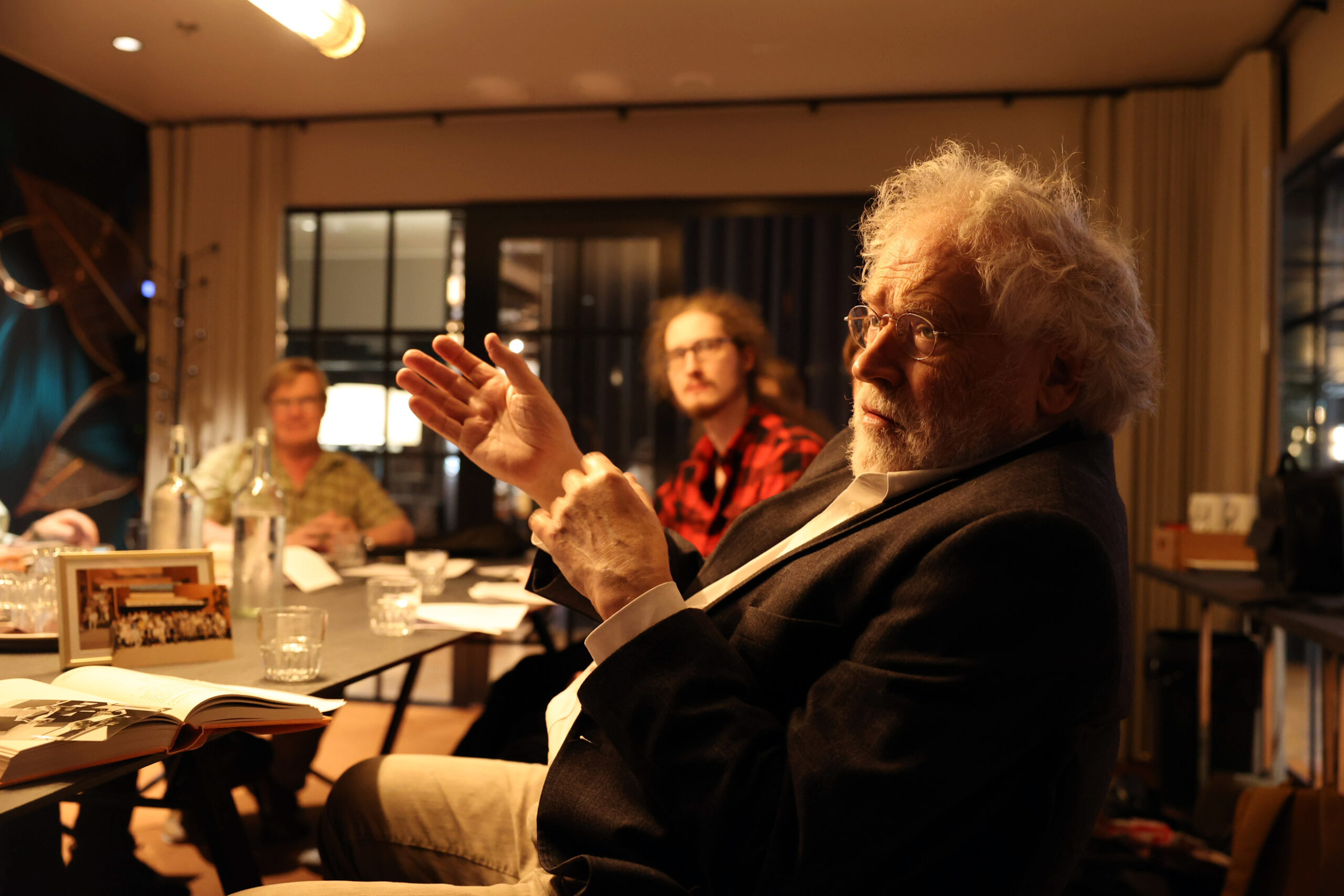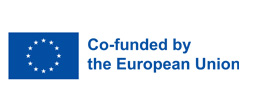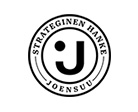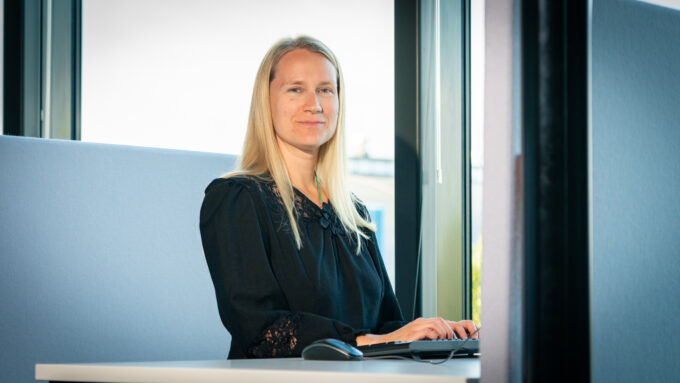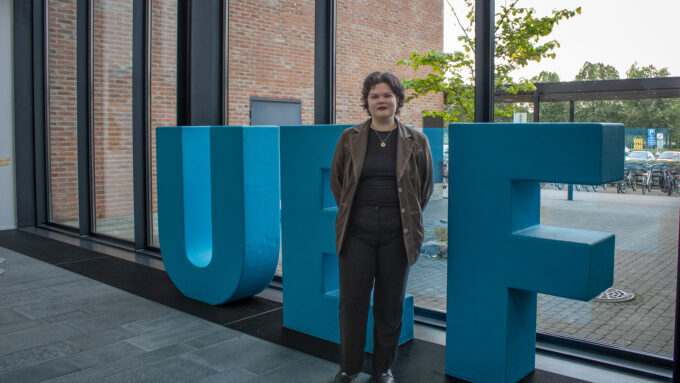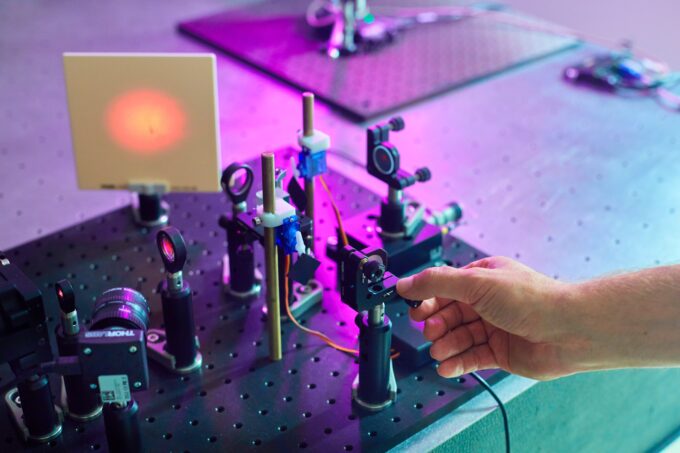Austrian professor emeritus Anton Zeilinger, who received the Nobel Prize in Physics in 2022, was inaugurated as an honorary doctorate of the University of Eastern Finland at the beginning of June. During the trip, he had time to reminisce about his former visits to Joensuu, which turned out to be a turning point not only in his career, but also in a broader sense.
– I remember how one morning in 1984 I entered a room where my friend and research colleague Michael A. Horne was sitting casually in a chair with a blue piece of paper in his hand. That paper was an invitation to the modern physics conference in Joensuu. Michael asked if I wanted to go to Finland. I answered that of course I want to, says Zeilinger.
At that time, Zeilinger and his research colleagues focused on neutron diffraction, which was in no way related to the topic of the conference organized in Joensuu.
– For the conference, we had to implement a research article that differed in theme from those we had previously done, Zeilinger describes.
In the end, Zeilinger presented a study in Joensuu in 1985, the results of which can be considered the first steps of modern quantum technology based on photons, i.e. light particles. Since then, Zeilinger’s long-term research work led him to become a Nobel laureate.
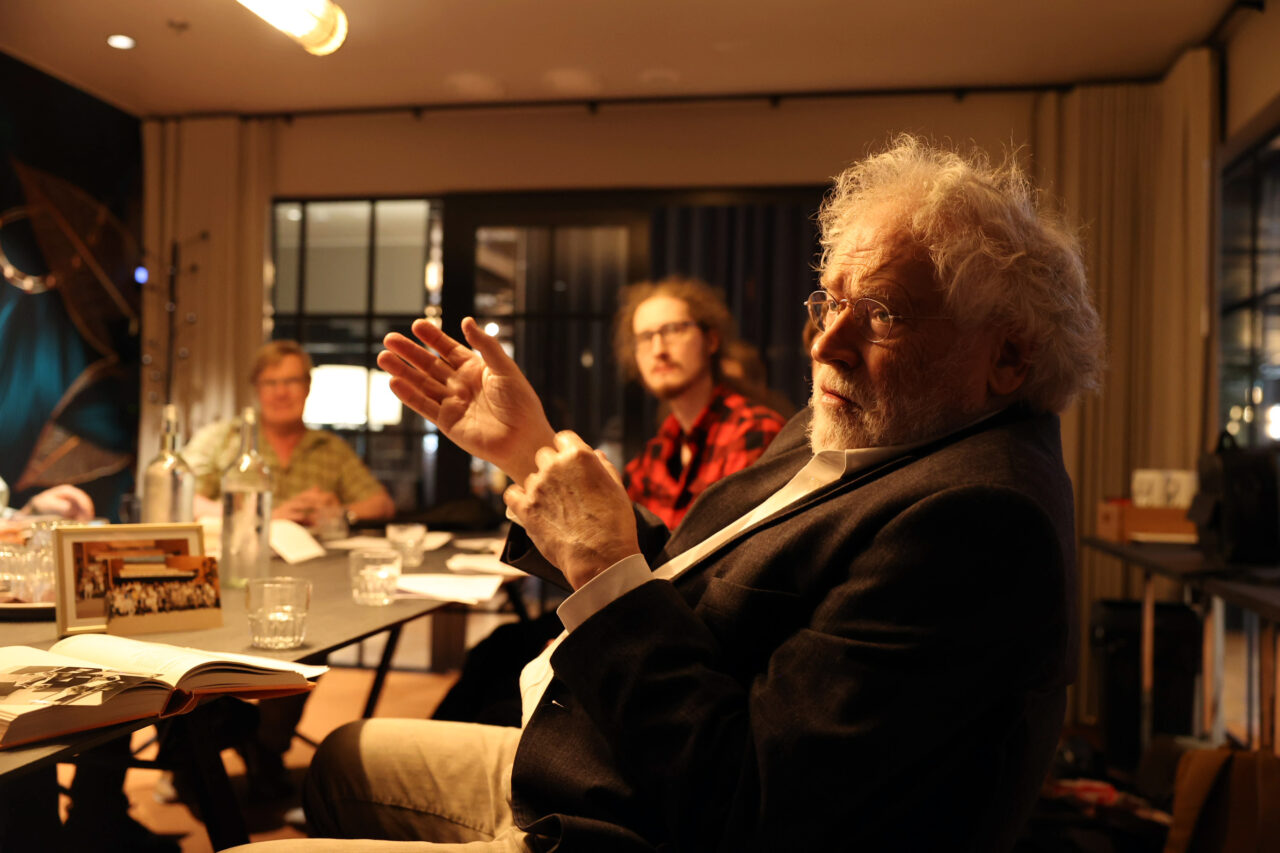
Quantum technology is already in your pocket
Zeilinger reminds that, for example, the latest smartphones use quantum technology.
– Without light-based quantum mechanics, current phones would lack many features. We use devices based on different properties of light in our everyday lives all the time, and they are of great importance in communication, among many other things, he says.
The most advanced practical applications enable secure coding, for example.
– It is possible to break the mathematical code, but in the quantum code, information travels through particles and is therefore safer, Zeilinger describes.
Although many practical applications already reach our everyday life, quantum technology still has many unexplored possibilities. The journey of research results to people’s everyday life can take a long time, but according to Zeilinger, the focus should be especially on curious experiments and long-term expectations.
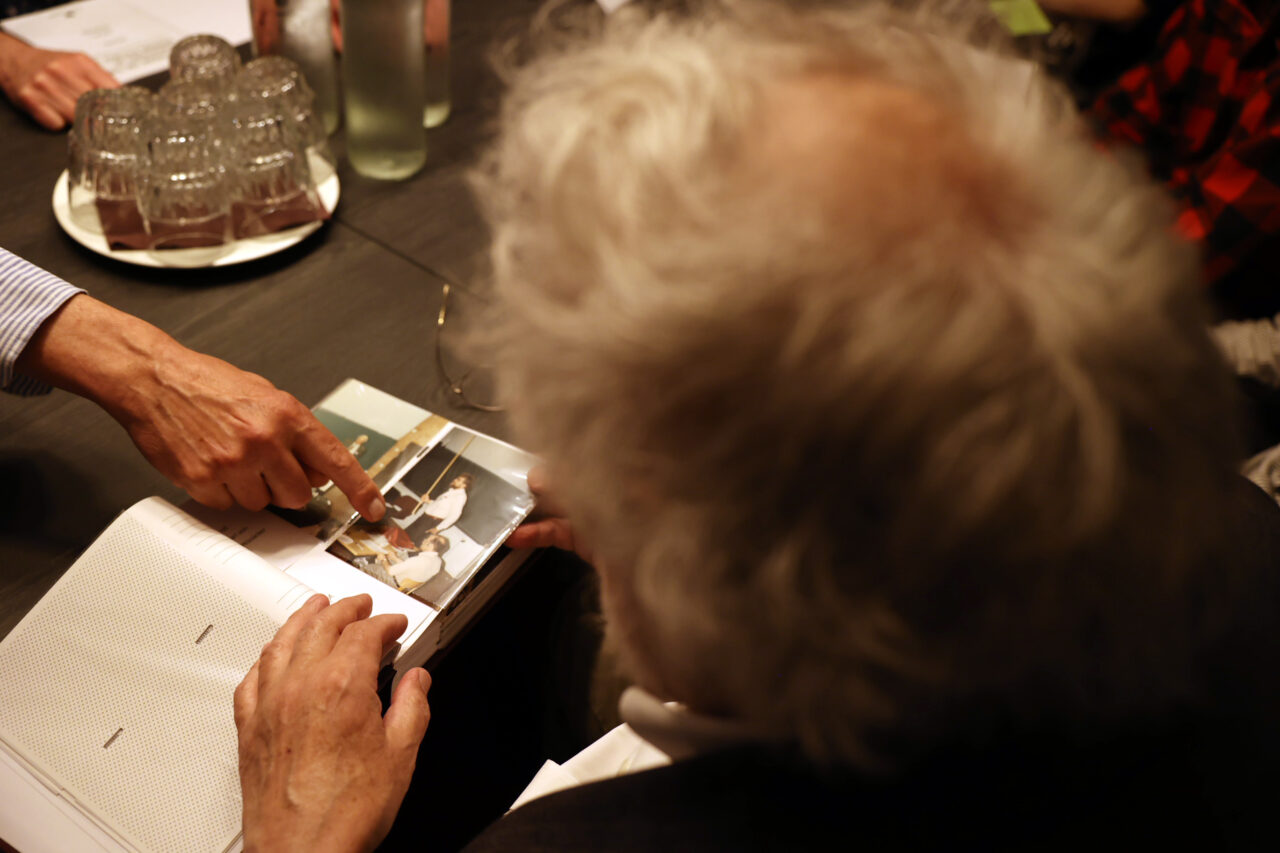
– My philosophy in my own research is that you should always aim ambitiously for something more.
– In the tests I’ve done, I haven’t always had advance information about how I would reach my goal. I just started making and working. It doesn’t always work, but at that time it just started working, he describes.
We use devices based on different properties of light in our everyday lives all the time, and they are of great importance in communication.
According to Zeilinger, curiosity and bold experiments are behind many other scientific breakthroughs.
– I’m sure I’m not the only Nobel laureate who initially didn’t have accurate information about what the obtained research results could be used for. In the long term, the results may turn out to be world-changing, he says.
–For example, lasers have long been considered a solution to problems that we don’t even have yet, Zeilinger continues.
Joensuu is a major center of photonics
Zeilinger says that the last time he visited Joensuu was more than 30 years ago.
– There are so many new buildings in the city that I wouldn’t have recognized this as the same one. I stayed in the same hotel last time, but this one is completely different now as well, he laughs.
Over the years, Joensuu has developed also in other ways than in terms of buildings. The development of the region into a versatile center of photonics, i.e. light science and technology, has not gone unnoticed by the Nobel laureate.
Joensuu is the leading center of photonics at the level of the entire Nordic countries.
– Joensuu is the leading center of photonics at the level of the entire Nordic countries. Hopefully the locals also know this and can appreciate it, says Zeilinger.
– If I were a young student now, I would go and ask local influencers how photonics is recognized and invested in here.
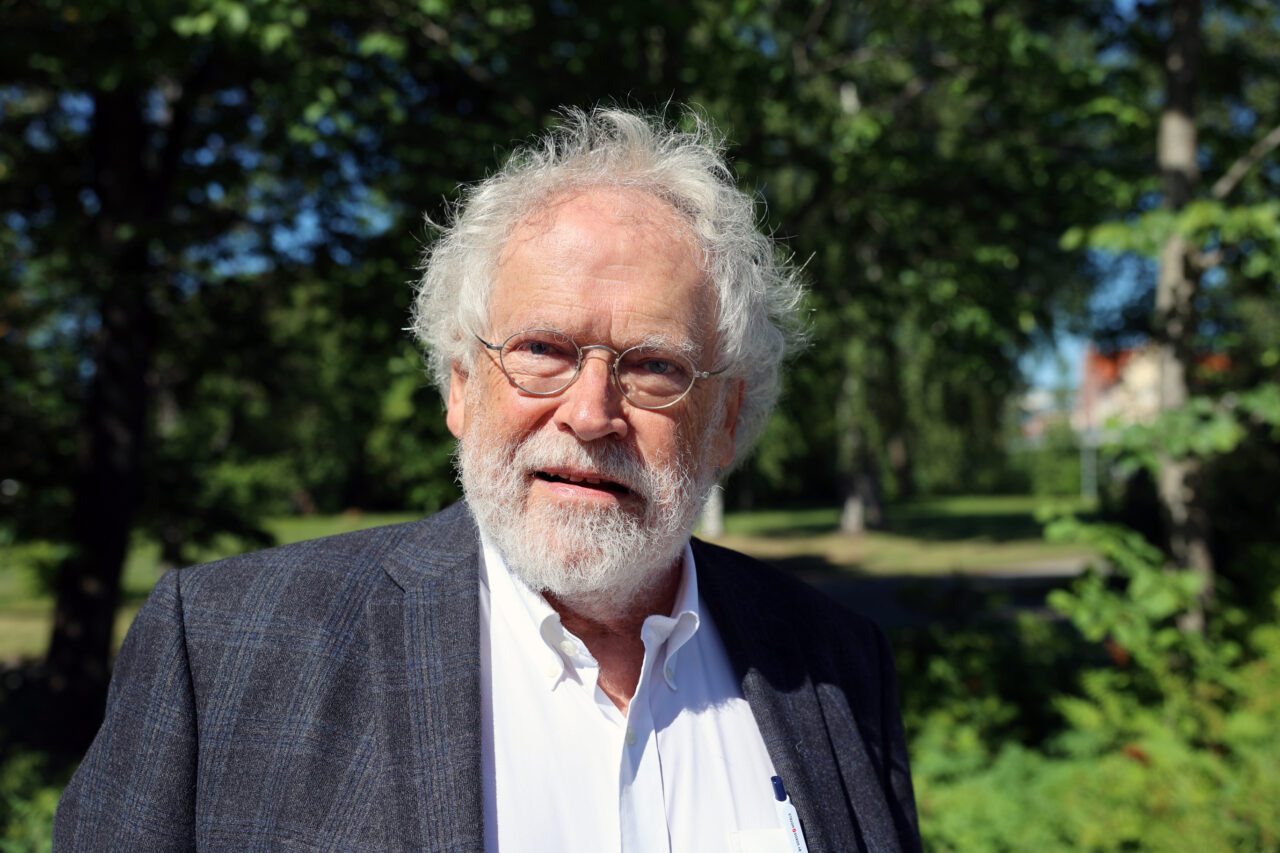
According to Zeilinger, special attention should be paid to know-how, cooperation and basic research. He reminds that the Nordic countries attract a lot of international experts in the field of photonics.
–International talents are definitely also Joensuu’s strength. It’s worth investing in attracting talented people and the level of expertise, he states.
As another theme, Zeilinger raises the cooperation between business, research and many other partners.
If someone claims that we are beginning to understand everything about this world, he is only revealing the limits of his own imagination.
– Research has its own place in photonics expertise and cooperation networks. A direct link to business life and other partners is also good for academic discussion and research development. This should also be further developed in Joensuu.
The respected scientist’s heart also beats for basic research, which he hopes will continue to be funded.
– Basic research produces information that is really important for business. There are many phenomena whose existence we don’t know about without basic research.
– People have been doing science for 300–400 years. If someone claims that we are beginning to understand everything about this world, he is only revealing the limits of his own imagination, Zeilinger concludes with a smile.

